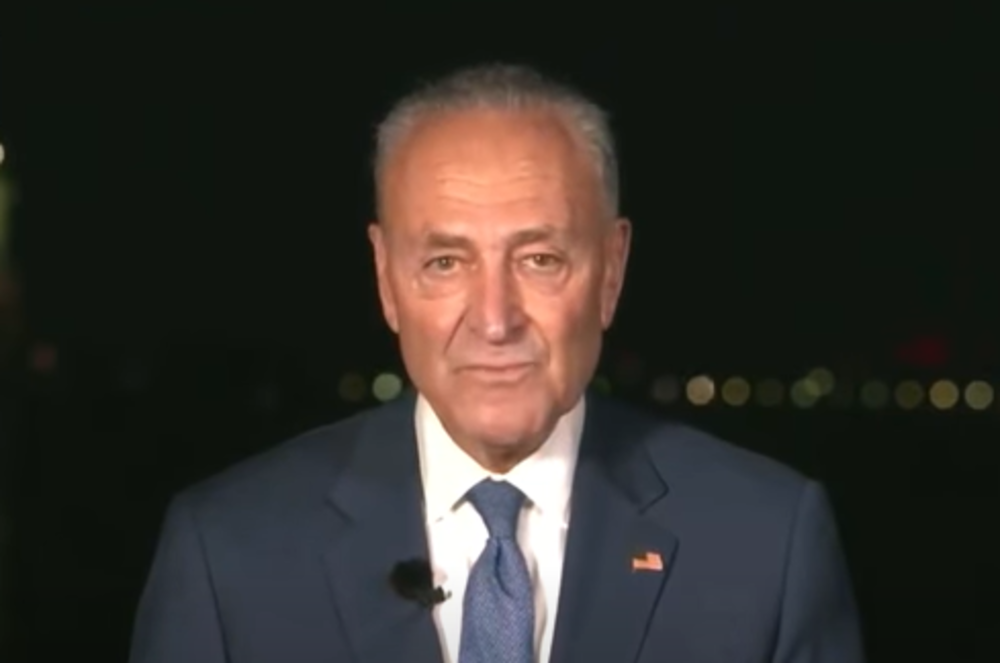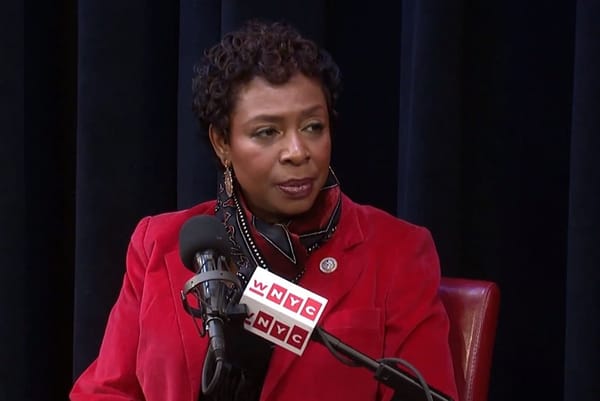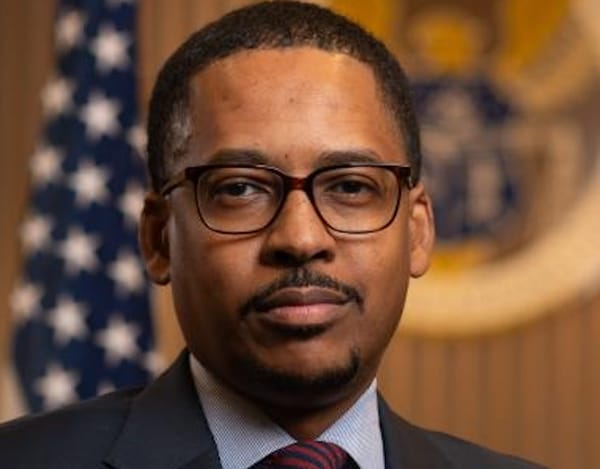Broadband Discussions at the Democratic National Convention, Section 230, Generation Z Voters
Congressional leaders made calls for modernizing broadband infrastructure nationwide during the second night of the Democratic National Convention, a four-day long virtual event showcasing Joe Biden, the Democratic nominee for the presidential election. “We need to rebuild our infrastructure and mak

Congressional leaders made calls for modernizing broadband infrastructure nationwide during the second night of the Democratic National Convention, a four-day long virtual event showcasing Joe Biden, the Democratic nominee for the presidential election.
“We need to rebuild our infrastructure and make sure every home, from inner city to rural America, will have broadband,” said Sen. Chuck Schumer, D-N.Y.
Jonathan Nez, president of Navajo Nation, said that Biden “has a major plan to invest in clean energy, jobs and infrastructure.”
Other representatives detailed the effect constructing new broadband infrastructure stands to have on creating jobs and fueling American industry.
“In the House of Representatives, we’re closing loopholes to ensure local infrastructure projects use American made materials and local labor and support American manufacturing,” said Rep. Brendan Boyle, D-Penn.
Democratic members of Congress are working to invest “in American made clean energy, building materials, high tech equipment, and research and development,” said Nevada State Sen. Yvanna Cancela, noting all of which will create more jobs.
Section 230 discussion with Professor Jeff Kosseff
Jeff Kosseff, U.S. Naval Academy assistant professor of cybersecurity law and author of The Twenty-Six Words That Created the Internet, joined Bartlett Cleland, research fellow at the Institute for Policy Innovation, in a virtual conversation on Tuesday.
The conversation centered on Kosseff’s recent book, which details the history of Section 230 of the Communications Decency Act.
“Section 230 is the only part of the Decency Act that survived after many aspects of the act were struck down as unconstitutional restrictions of speech by the Supreme Court,” said Kosseff.
Kosseff thoroughly detailed the history of the act, arguing that the broader conversation around Section 230 is confused largely because the involved parties do not engage with the legislation itself.
When questioned on his opinion of proposed Section 230 reforms, Kosseff said that he thinks “amendments should always be discussed.”
Yet, Kosseff’s book maintains that Section 230 makes user-generated content possible, and weakening it would certainly make it harder, rather than easier, for conservatives to express themselves on social media platforms.
“Changes that come could be used in an anti-competitive manner or could further limit users,” maintained Kosseff.
Gen Z and the future of politics
On Tuesday, Axios, in partnership with the Democratic National Convention, hosted a conversation on the ways in which Gen Z stands to influence politics, featuring René Otero, a 2018 Texas Boys State participant.
Through experiencing the hands-on political process at Boys State, Otero said, upon reflection, he “learned that he still wants to engage in politics, but not as a politician.”
“Congress is set up in gridlock,” said Otero, arguing it dilutes the government’s power.
“It’s supposed to be a single politician that saves us, but people need to get involved,” said Otero, arguing “we can’t sit back.”
Gen Z, as a whole, is very activated and engaged, as their generation has inherited a world with existential threats, such as climate change and gun control.
Many of Otero’s comments reflect a widespread lack of trust in the resiliency of the country’s governance system, a feeling shared by many young individuals. Otero said he was shocked to learn there were many self-described libertarians at Texas Boys State.
When asked what he believes the prospect is for young voter turnout, Otero said he thinks it’s “up in the air.”
“I see many people arguing that not voting at all is their best course of action,” he reported.
“I don’t think we’re going to have the turnout we expect, if we don’t make the active effort of ensuring communities can vote,” Otero said.








